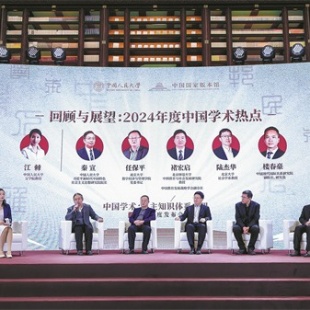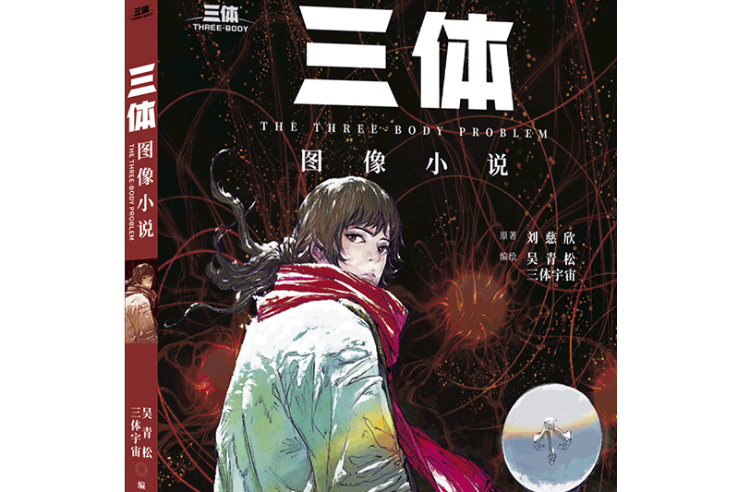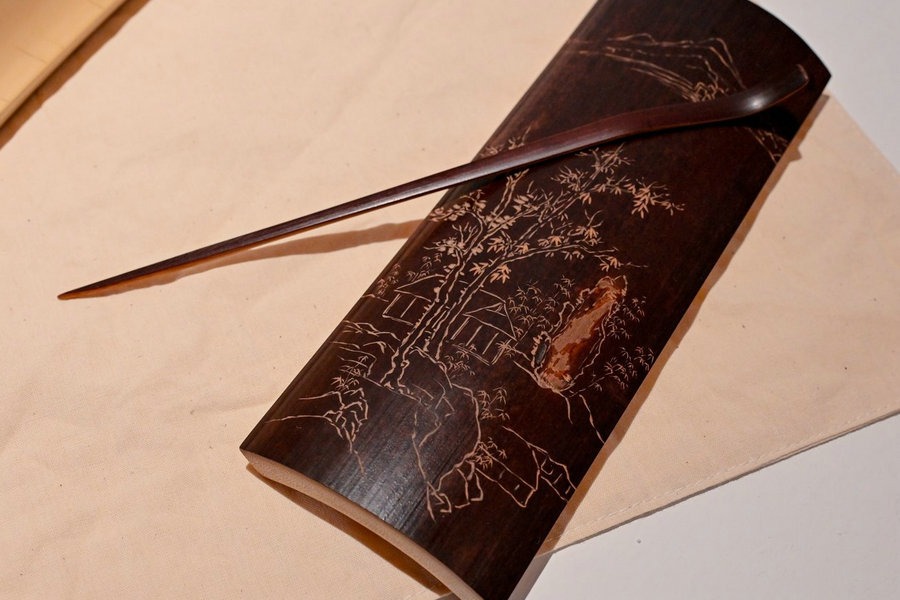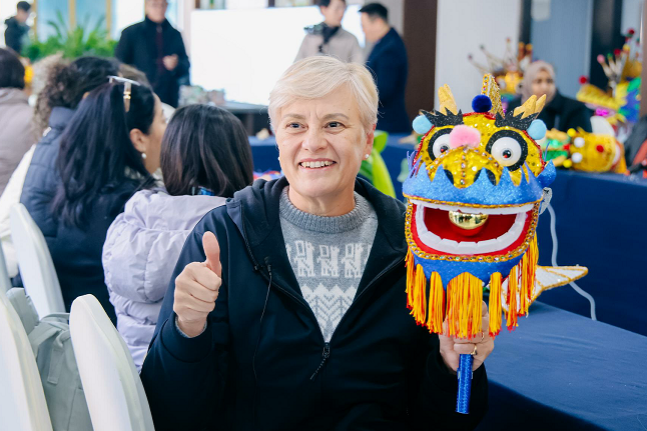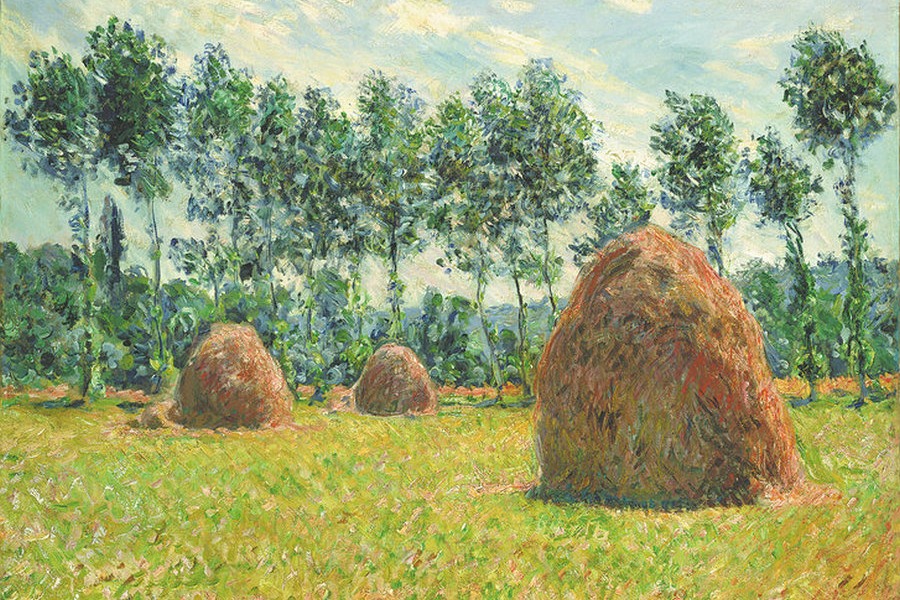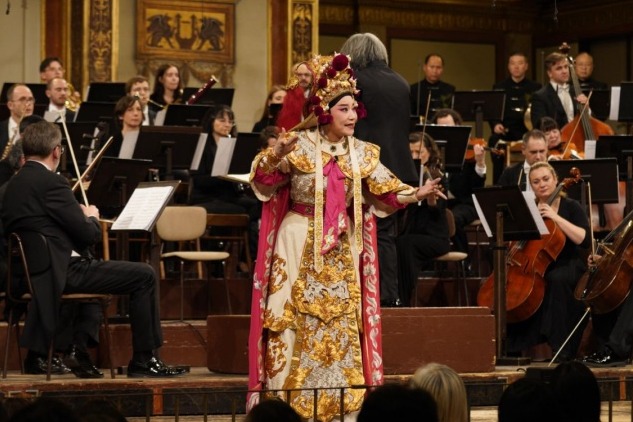Top 2024 academic topics unveiled
List examines key issues that have been major areas of public discussion in the past year, Fang Aiqing reports.

Zhang Xiping says that, in the future, Chinese scholars should deepen the research into the history of Sinology in various countries and translate fundamental literature, while paying more attention to and supporting Global South countries in conducting independent, critical China studies.
During the event, the Renmin University of China announced the updates of its construction of digital platform Academic Arena, comprising sub-platforms for classic literature and preprints in philosophy and social sciences.
The classic literature sub-platform features more than 20,000 quality papers — which account for 0.5 percent out of more than 4 million papers published in China from 2013 to 2022 — recommended by 1,300 experts in the field.
On the preprint sub-platform, researchers can voluntarily share their research findings that have not yet been formally published free of charge and with open access. The sub-platform connects authors, readers and academic journals, facilitating academic review, recommendation and selection of articles, as well as further dissemination of research findings.
According to the university, eight months after its launch in late April, Academic Arena now has more than 28,000 registered users. The preprint sub-platform has signed memorandums of understanding with more than 400 collaborative journals and published over 13,000 articles, whereas more than 8,000 scholars have authorized some 11,000 articles for the classic literature sub-platform.
It was also on Monday that Beijing-based Renmin University of China and Chinese Academy of Social Sciences, as well as Shanghai-based Fudan University and East China Normal University, jointly released some of their major recent academic achievements in finance, literature, philosophy and history.
Among them is a complete compilation of poetry created during the Tang Dynasty (618-907) and Five Dynasties and Ten Kingdoms (907-960).
The 50-volume anthology by Chen Shangjun, professor at the Department of Chinese Language and Literature of Fudan University, collects all the extant poetry of the period, which includes over 55,000 pieces by more than 4,200 poets, with a total word count exceeding 18 million Chinese characters.
Chen Shangjun, who spent 40 years compiling the anthology, said during a recent public event in Shanghai that it has been the dream of generations of scholars to conduct a complete collation of all existing Tang poetry.
"During compilation, I've tried my best to examine available literature and select the best editions of the poetry, while addressing the complexities of the poetry's transmission — such as issues relating to their authenticity and authorship — with the aim of handling these difficulties with objectivity and prudence," he adds.
Tang poetry, with those household pieces by poets such as Li Bai and Du Fu, constitutes a splendid segment of traditional culture. Previously, Quan Tang Shi, a Tang poetry anthology created during the 18th century, was widely referenced. Yet, compiled by 10 scholars within only a year, it was inevitably not thorough enough.
Chen Shangjun's work will hopefully provide the academic community with a more accurate, reliable and well-documented reference for Tang poetry.


